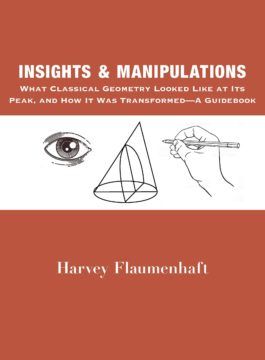David Guaspari in The New Atlantis:
 One pillar of the modern world was the project to transform science from a discipline for contemplating nature into a tool for mastering it. Queen among the new sciences was mathematical physics, made possible by a corresponding transformation of mathematics. Ancient mathematicians, said René Descartes, had misunderstood their subject. They offered a procession of dazzling spectacles, but mathematics properly understood is not the presentation of beautiful chance discoveries. It must instead provide a systematic method for solving problems.
One pillar of the modern world was the project to transform science from a discipline for contemplating nature into a tool for mastering it. Queen among the new sciences was mathematical physics, made possible by a corresponding transformation of mathematics. Ancient mathematicians, said René Descartes, had misunderstood their subject. They offered a procession of dazzling spectacles, but mathematics properly understood is not the presentation of beautiful chance discoveries. It must instead provide a systematic method for solving problems.
True and oft-heard though this story is, it is also easily taken for granted. Harvey Flaumenhaft’s new book Insights and Manipulations seeks to remedy that with a hands-on guide to this momentous change. To understand that change, he says, and to understand it as progress, “we need to know what it was a step from as well as what it was a step toward.” He presents it as a movement from the Conics of Apollonius of Perga, a brilliant and difficult triumph of ancient mathematics written in the third century b.c., to Descartes’s 1637 Geometry, a decisive stride into modernity. For Apollonius, mathematics was a way of gaining insights into the nature of geometrical forms by envisioning them in the mind; Descartes made mathematics into an activity of manipulation — hence the title of Flaumenhaft’s book.
More here.
